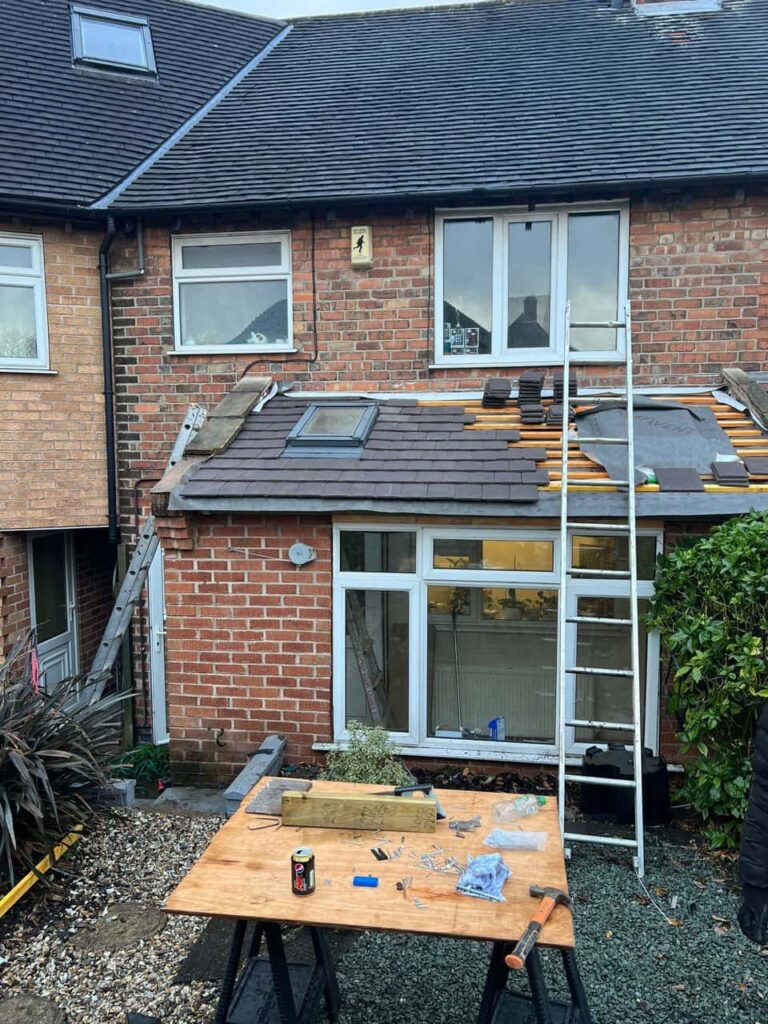Introduction: Roof inspections are a crucial aspect of maintaining the integrity and safety of your property. One overlooked but vital aspect of these inspections is their adherence to building codes. In this blog post, brought to you by Ilkeston Roofing Repairs, we will explore the role of building codes in roof inspections and why they are essential for ensuring the longevity and safety of your roofing system.
The Importance of Roof Inspections
Before diving into the role of building codes, let’s briefly highlight why roof inspections are so essential:
- Early Detection: Regular roof inspections can identify minor issues before they escalate into major, costly problems.
- Preventative Maintenance: Inspections allow for proactive maintenance, extending the lifespan of your roofing system and maximising your investment.
- Safety: A well-maintained roof is essential for the safety of occupants and protection against weather-related damage.
Understanding Building Codes
Building codes are sets of regulations and standards established by local or national authorities to ensure buildings’ safety, health, and performance. These codes are designed to address various aspects of construction, including structural integrity, electrical systems, plumbing, and roofing.
The Role of Building Codes in Roof Inspections
- Quality Assurance:
- Building codes benchmark roofing materials and installations’ quality and performance standards. Inspections ensure compliance with these codes to guarantee the safety and longevity of the roofing system.
- Safety Standards:
- Roofing codes often include safety measures related to materials, fire resistance, wind resistance, and load-bearing capacity. Inspections ensure that these safety standards are met to protect occupants and property.
- Structural Integrity:
- Building codes dictate roof structural requirements, including load-bearing capacity and proper ventilation. Roof inspections verify that the roof’s structure remains sound over time.
- Environmental Impact:
- Some building codes include requirements related to energy efficiency and sustainability. Inspections can assess whether roofing materials and installations align with these eco-friendly standards.
- Local Variations:
- Building codes may vary by location due to local climate, weather conditions, and other factors. Roof inspections ensure that the roofing system is suitable for the specific environment.
- Legal Compliance:
- Compliance with building codes is often a legal requirement. Failing to adhere to these codes can lead to penalties, fines, or legal liabilities. Regular roof inspections help property owners stay compliant with local regulations.
The Inspection and Code Compliance
During a roof inspection, professionals assess various aspects of the roofing system, including:
- Materials used in the roofing construction
- The condition of the roof’s structure
- Flashing and sealant integrity
- Ventilation and insulation
- Drainage systems and gutters
- Compliance with local building codes
Conclusion: Roof inspections are a vital part of property maintenance, and they play a significant role in ensuring the safety, longevity, and performance of your roofing system. Building codes provide a set of standards that roofing installations must meet, and inspections are essential for verifying compliance with these codes.
Call us on: 0115 647 1193
Click here to find out more about Ilkeston Roofing Repairs
Click here to complete our contact form and see how we can help with your roofing needs.

